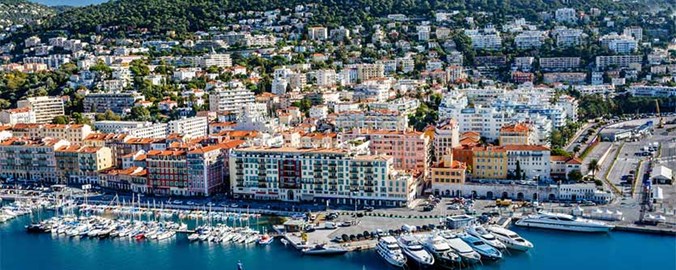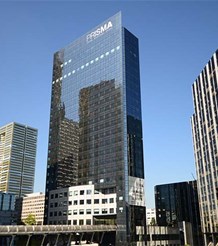
Thinking of retiring to France?
Retiring to France is very appealing to many people, especially as many parts of France still offer excellent value for money in terms of residential property. In Limoge in the Haute-Vienne department for example, residents enjoy one of the sunniest climes in all of France, and the average house price is just 137,500 euros. The region also boasts a large number of museums and art galleries, making Limoges-Limousin area a favourite destination for culture tourism. So what's it like living in France as a retiree?
Living Costs
Although living costs are on average about 5% higher than in Britain, there are many things that are considerably cheaper in France, such as petrol for example and alcohol. Running costs for a home are about the same as in the UK, but food is more expensive. Renting a property is typically cheaper than in the UK, and tenants are more protected via long-term rental contracts. On the whole, living expenses in France are about the same as in the UK, with some notable exceptions, such as white goods being far more expensive in France for example.
One thing British pensioners should bear in mind, when doing their comparison of living costs, is the volatile exchange rate. Pensions are paid as Sterling into European bank accounts, and with Pound Sterling being much weaker than the Euro at present, pensions suddenly do not stretch as far.
French Healthcare for Retirees
France can be justly proud of its healthcare system. A network of GP surgeries, similar to that of the UK, looks after the health of everyone. A great advantage of the French healthcare system is that insurers to not ask to see details of any pre-existing medical conditions, when an application is made via the Couverture Maladie Universelle (CMU). Applications are made via an E121/S1 form, which is issued by the Department of Work and Pensions. Applicants must forward this, when applying to the CMU.
Patients pay a small flat fee, and every resident is a member of a minimum of three health insurance schemes that are non-profit bodies. It will depend on your income which one will be applicable to you, if you are still below pension age at the time of moving to France. Payments are made via various social charges, which do not apply to pensioners, who either pay nothing at all or a reduced charge, depending on which country they derive their pension from.
Accessing accident and emergency services in France is free of charge, but everything else is charged at agreed rates. About 70% of this payment will eventually be reimbursed. Anyone needing long-term medical care or expensive treatments can usually get all of their money back. To be on the safe side, people retiring to France should take out private medical insurance to cover all eventualities. There are a large number of international insurers to choose from, offering comprehensive cover that often includes also dental care.






